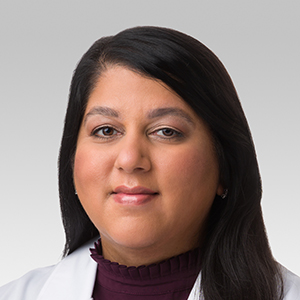Can Men Get Breast Cancer?
Raising Awareness and Challenging Stereotypes
Updated September 2024
Although rare, it can happen. About one in 100 instances of breast cancer in the U.S. occur in men.* Men have breast tissue too, which means cancer can develop there.
Risk Factors for Breast Cancer in Men
The below factors can increase your risk of getting breast cancer:
- Age. Most cases of breast cancer in men occur in those over the age of 50.
- BRCA genetic mutations. A mutation in either the BRCA1 or BRCA2 gene can increase the risk of male breast cancer. Having a BRCA2 genetic mutation increases a man's risk of developing breast cancer from one in 1,000 to seven in 100.
- Family history. Having a first-degree relative (parent or sibling) with breast cancer increases the chance that someone will develop breast cancer.
- Certain therapies, such as radiation therapy and hormone therapy treatment, can increase the risk of breast cancer.
- Certain diseases, such as Klinefelter syndrome (when males are born with an extra X chromosome), conditions of the testicles, liver disease and obesity, can be risk factors for breast cancer.
You should be aware of the most common symptoms of breast cancer in men and seek care if you notice:
- Lumps or swelling in your breast tissue
- Redness, flakiness, irritation or change in texture of the skin of your breast tissue
- Discharge from your nipples
- Pain in your breast tissue
It’s common for men with breast cancer to have lumps they feel.— Miraj G. Shah-Khan, MD
“It is very common for men with breast cancer to have lumps that they can feel,” says Miraj G. Shah-Khan, MD, a breast surgeon at Northwestern Medicine.
Treatment of breast cancer in men depends on the type, stage of the cancer and individual diagnosed. It may involve a combination of medical and surgical interventions.
Learn more about breast cancer treatment.
*Scientists do not always collect information from participants about gender identity. To avoid misrepresenting the results of this research, we use the same terminology as the study authors.






